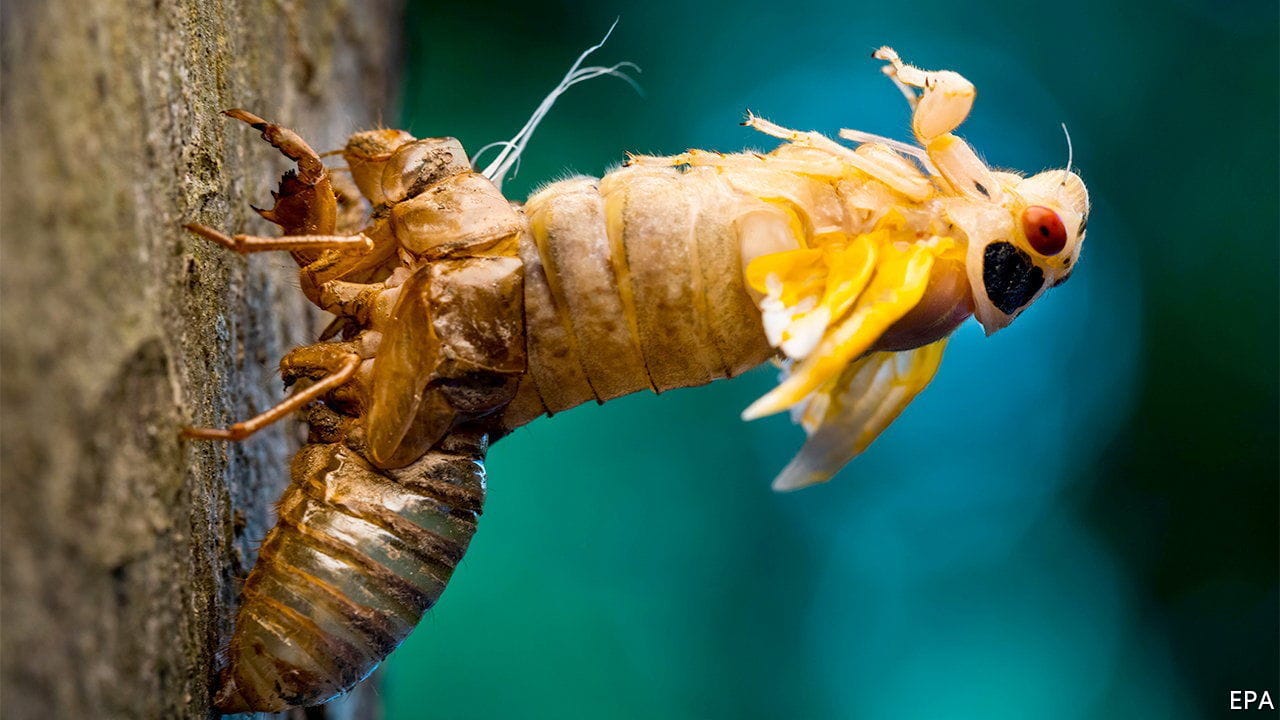- by
- 07 24, 2024
-

-
-
Loading

Loading

AS SUMMER APPROACHES, adults of , last seen in 2004, have begun emerging in the eastern United States. Their return is welcome news for entomologists who study them, and for adventurous chefs in search of novel ingredients. It could, though, have bad consequences for unborn infants and young children in the places where they live.The cicadas themselves are harmless to people, but their nymphs feed on the roots of woody plants such as apple trees. Farmers, understandably peeved by their uninvited guests, respond by spraying those trees with large quantities of pesticides to stop the adults mating. This chemical warfare successfully curbs the insects, but, according to a new working paper by Charles Taylor of Columbia University, it may also have adverse consequences for children.